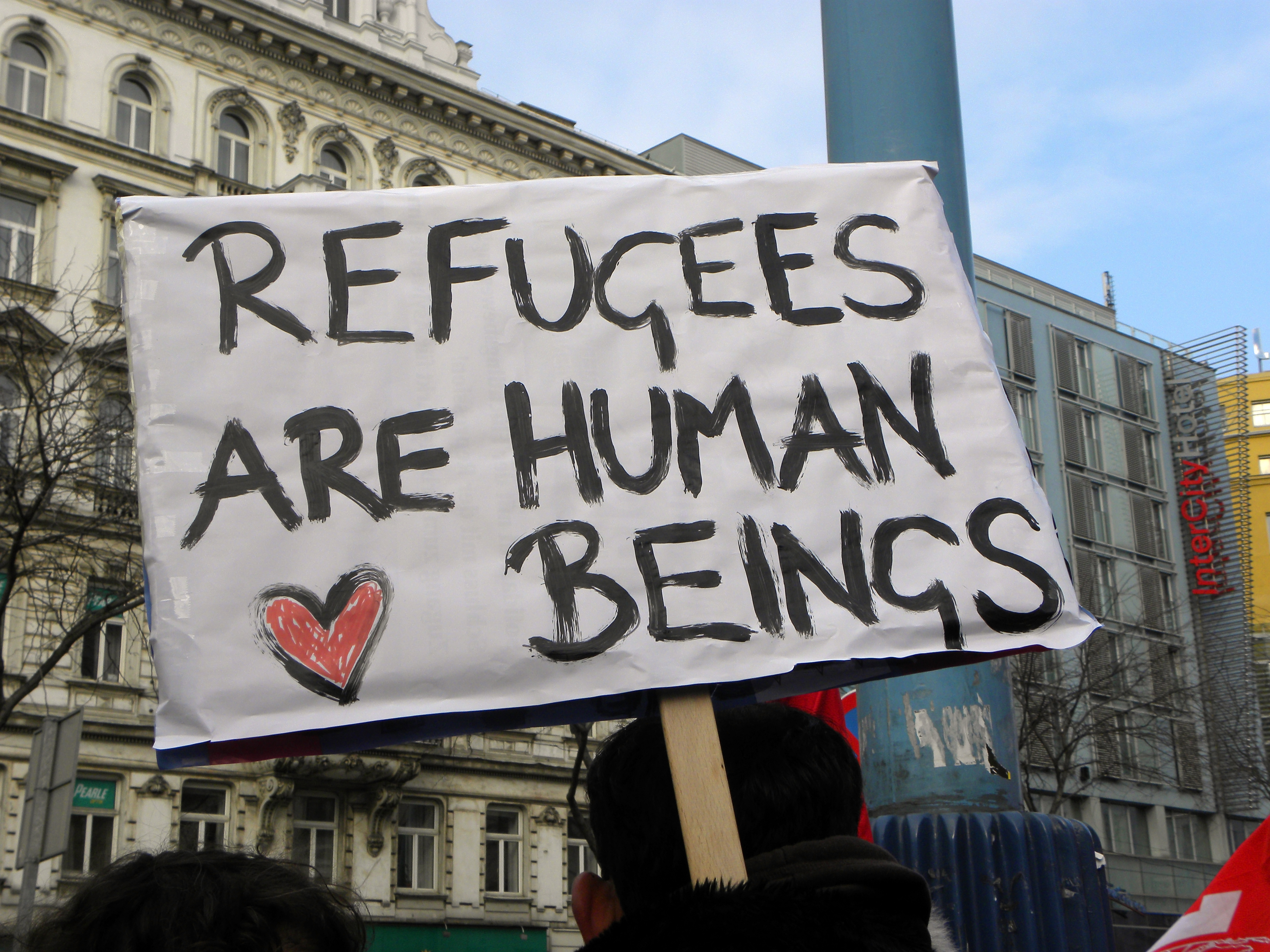This was a study funded by the National Science Foundation (NSF Award#1359895) that I completed between 2014-2019 whose insights I continue to draw upon.
Refugees are designated by the U.S. Federal government as immigrants who have been allowed to enter the U.S. to escape dangerous conditions in their countries of origin. The last thirty years have witnessed the movement of refugees to locales different from “gateway” cities such as New York, Chicago, and San Francisco where they traditionally settled. This project focused on the resettlement experience of refugees in small cities in the US, beginning in New England and eventually expanding to other sites in the South, Midwest, and Northwest. The study built on the work of other social scientists who have studied the effects of such settlement patterns — what the economic impacts might be, how refugees are adjusting to new lives, how their children are doing in school, and how their new homes are adjusting to unfamiliar faces. Many of these new destinations do not have long histories of integrating newcomers into their midst, making it important to ask what kinds of impacts are being felt in local schools, industries, and social services because of this influx. These are important questions not only for researchers, but also for urban planners and civic leaders, for policymakers, and for residents in these communities. Because the project was being conducted in concert with community organizations, including mutual aid associations, resettlement agencies, and local social service providers, it generated useful information and insights regarding why refugees are being placed in small cities without large existing immigrant populations, what the refugees’ experience of settlement has been, and if and how their new communities are being transformed by their arrival. The project provided a model with tools and data to assist scholars, policymakers, service providers, community leaders and refugees understand and improve the resettlement experience in new destinations throughout the U.S.
This project investigated resettlement processes in three stages. First, researchers conducted interviews with the decision makers who send refugees to their initial resettlement destinations and with the local leaders who are in charge of helping the newcomers adjust to their arrival. Second, the project surveyed a number of recent refugees regarding their experiences on two occasions — shortly after they first arrive they will be asked about their expectations for their new life, and one year later the same group will be asked questions about their actual experiences. These surveys examined a range of important aspects of refugee and immigrant life including education, employment, healthcare, housing, social integration, and transportation. Finally, researchers conducted a series of workshops on perceptions of landscape change, some with recently arrived refugees and others with long-term residents of the neighborhoods into which they have been placed. These workshops drew on important tools in geographic research including mental and sketch mapping, photography, and qualitative GIS. Together these various forms of inquiry helped to develop a model for incorporating data-driven local knowledge on resettlement — from both refugees and the communities where they live — into regional and national planning on refugee placement and reception. Incorporating such local knowledge into policymaking has the potential for creating better outcomes in refugee resettlement across the country.
A number of publications came out of this project including:
Bose, Pablo S. (2024) “Unfamiliar arrivals: refugees in Vermont, a new immigrant destination” Changing integration and receptivity experiences in immigrant gateway metropolitan regions in the Twenty-First century edited by Paul McDaniel and and Darlene Rodriguez-Schaefer, Rowan and Littlefield.
Bose, Pablo S. 2022. “Refugees, Immigration and Citizenship” in Alison Bain and Linda Peake (eds). Urbanization in a Global Context. 2nd Edition. Don Mills, ON: Oxford University Press, 219-236.
Bose, Pablo S. 2021. “The specter of the refugee,” in Sarah Nilsen and Sarah Turner (eds.) White supremacy and the American media, New York and London: Routledge, 169-185.
Frazier, Emily and Pablo S. Bose 2023. “Community sponsorship of refugees – turning to local communities to help in resettlement brings new possibilities and challenges” The Conversation, August 25, 2023.
Bose, Pablo S. 2022. “Photovoice and migration: ethical considerations for community-based inquiry.” Sage Research Methods,https://doi.org/10.4135/9781529793802
Bose, Pablo S. 2024. “Research with refugees: working with ethnic community-based organizations” Geographical Review https://doi.org/10.1080/00167428.2024.2322001
Bose, Pablo S. 2020. Refugees in new destinations and small cities: Resettlement in Vermont. Singapore: Palgrave MacMillan.
Bose, Pablo S. 2020. “Refugee research in the shadow of fear” GeoJournal https://doi.org/10.1007/s10708-020-10342-w
Bose, Pablo S. 2020. “Refugees and the transforming landscapes of small cities in the US” Urban Geography https://doi.org/10.1080/02723638.2020.1785202
Bose, Pablo S. 2020. “The shifting landscape of international resettlement: Canada, the US and Syrian refugees” Geopolitics https://doi.org/10.1080/14650045.2020.1781820
Bose, Pablo S. 2018. “Welcome and hope, fear and loathing: the politics of refugee resettlement in Vermont” Peace and Conflict: Journal of Peace Psychology, 24(3): 320-329.
Bose, Pablo S. 2015. “New Vermonters and Perspectives on Vermont Migration” Northeastern Geographer, 7(2015): 89-101.
Bose, Pablo S. 2014. “Refugees in Vermont: mobility and acculturation in a new immigrant destination.” Journal of Transport Geography 36(2014): 151-159
